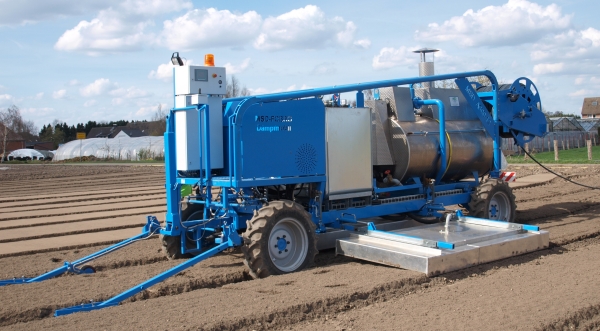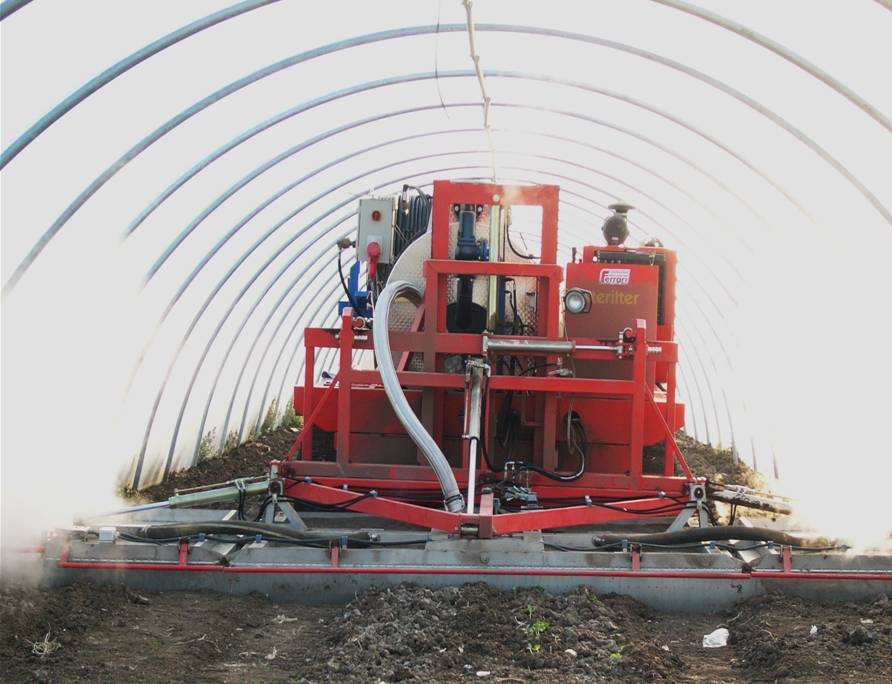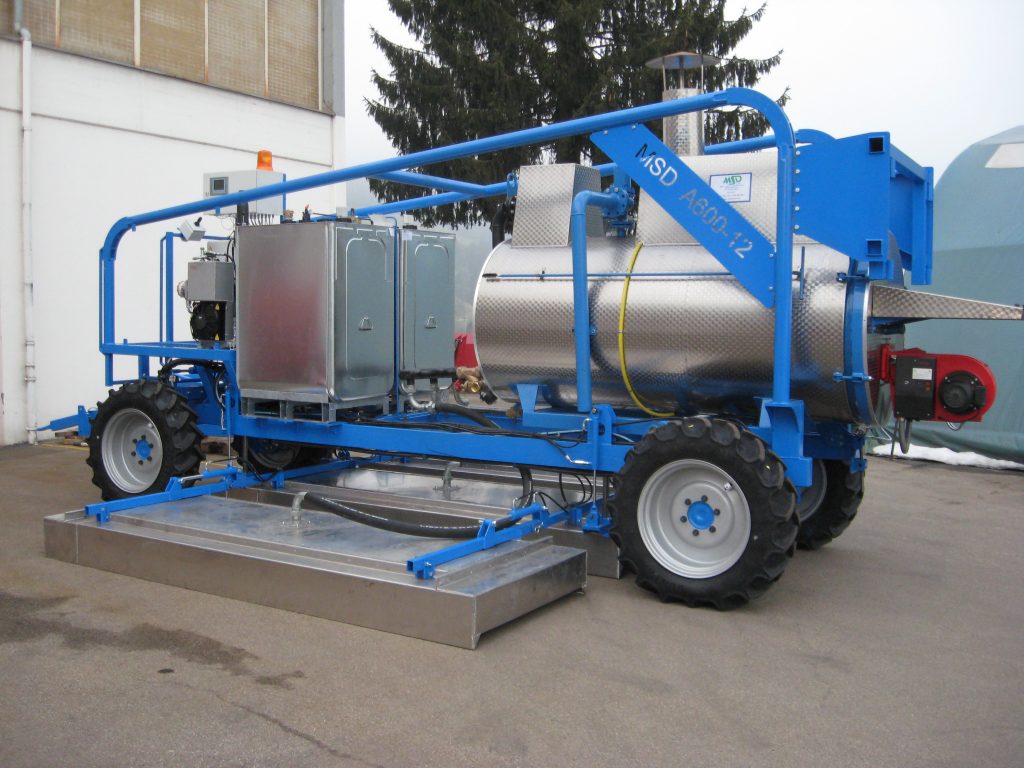Bad news for vegetable and salad growers: Poisenous ragwort is further spreading throughout Germany. Just within a couple of decades this plant which is mainly original to the southern regions has developed large populations in south-west Germany coming from Belgium.
For this reason ragwort grows into a threat for the organic and conventional, heavily automated horticulture.
Ragwort contains substances which have a harmful effect on liver and nerves. After consumption they might even cause death. If parts of ragwort get into the harvest, as it became public in 2009, growers might face incalculable consequences.
Growers hardly have any options to fight the danger. There is no herbicide which provides 100% protection. Furthermore the leaves of ragwort seedlings look almost exactly like arugula, which makes a later automatic or manual extraction after harvest almost impossible.
The responsible government office of the German federal state Rhineland-Palatinate (DLR Rheinlandpfalz) is presently reassessing existing methods to fight ragwort. Soil steaming is also among them (please see report from May 2010). The results of the investigation will be published shortly.



